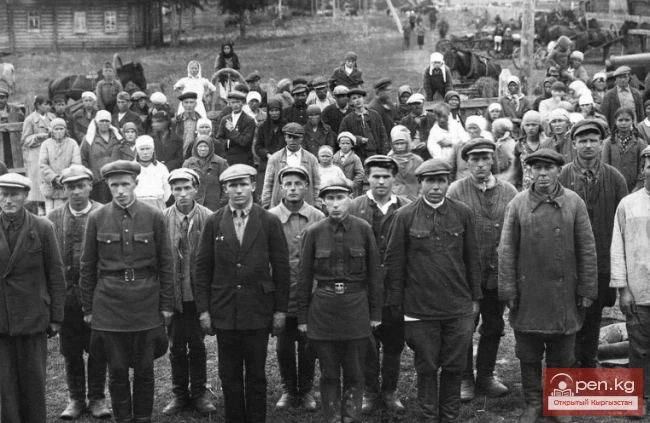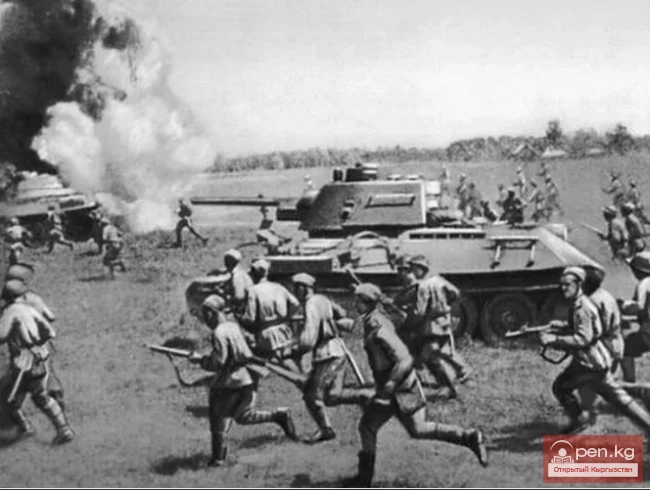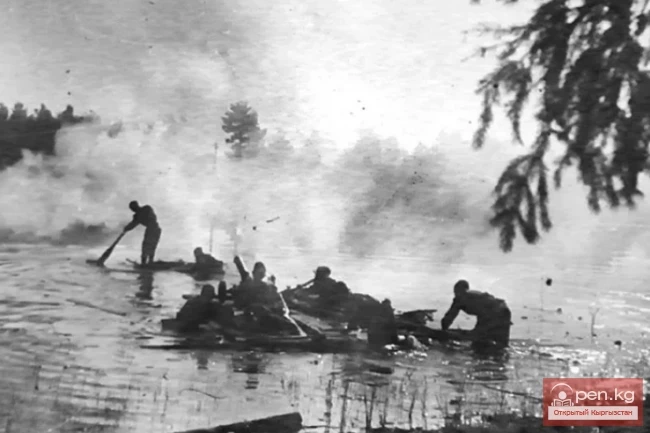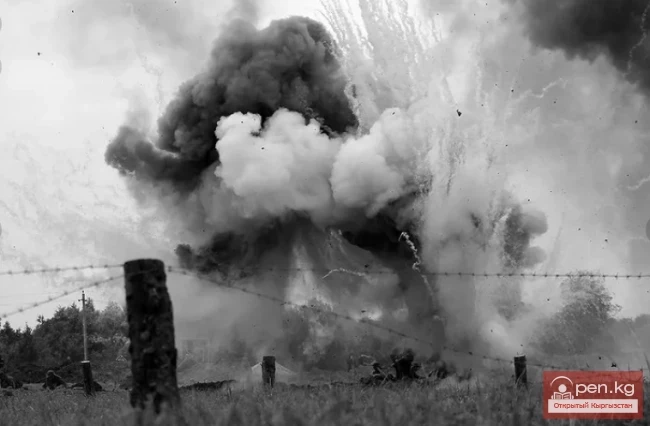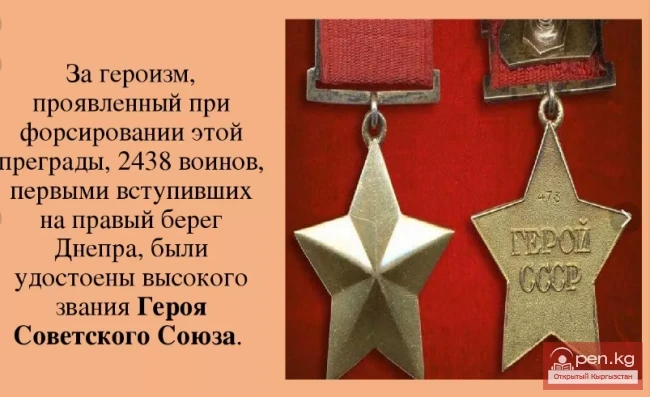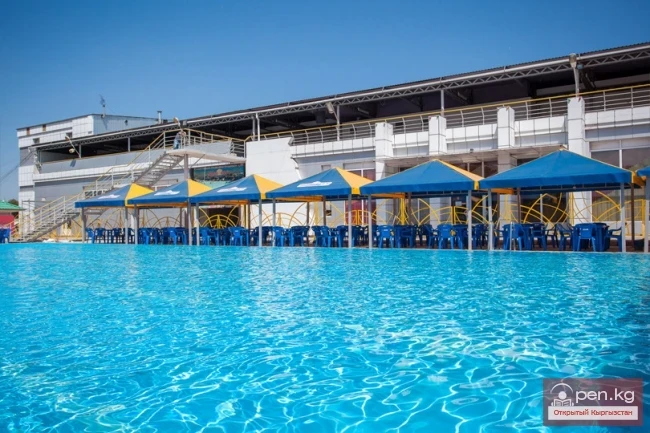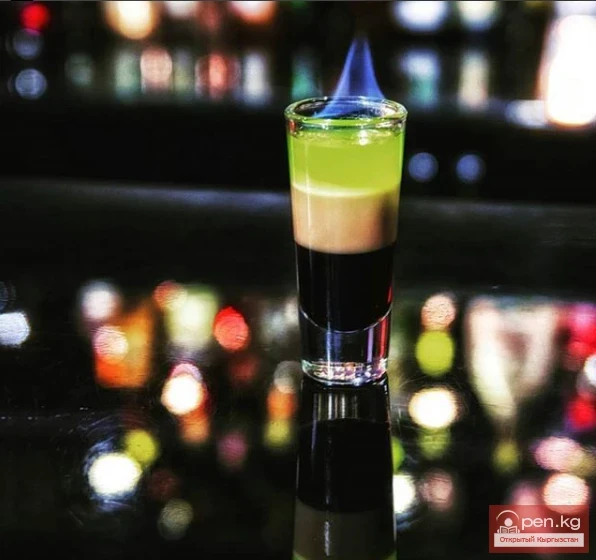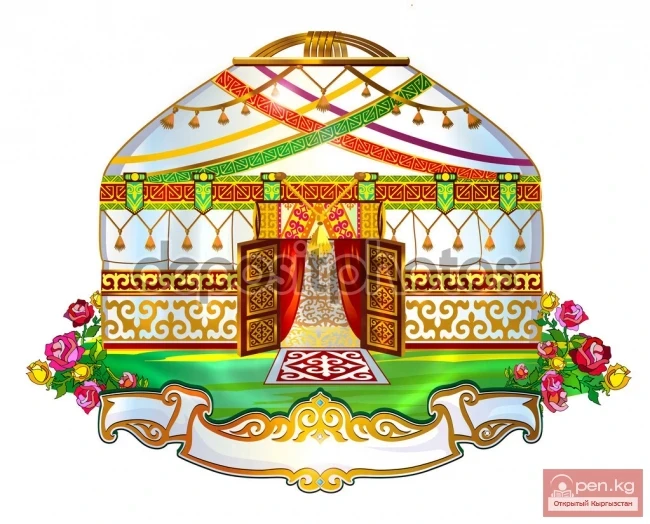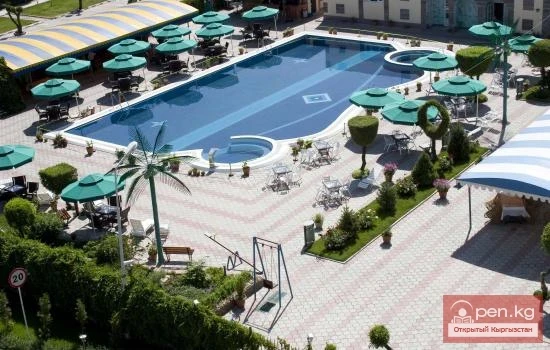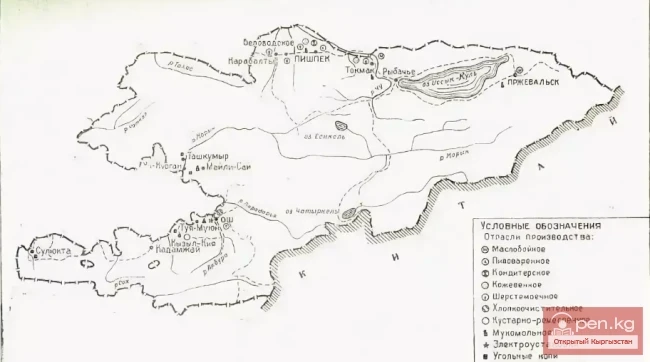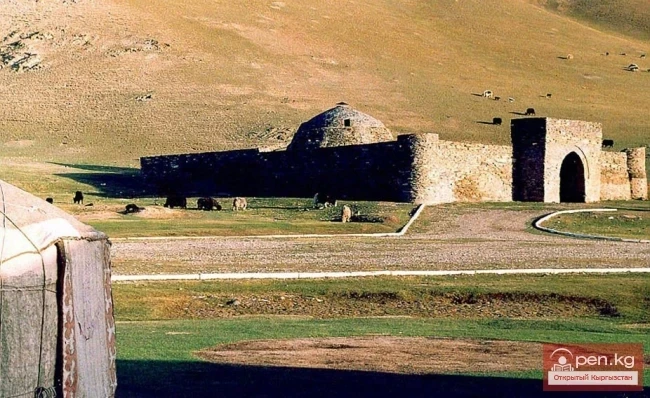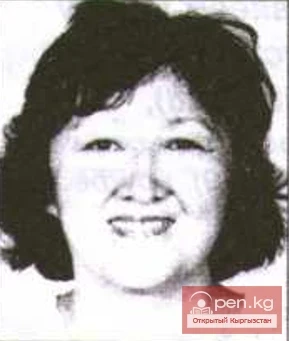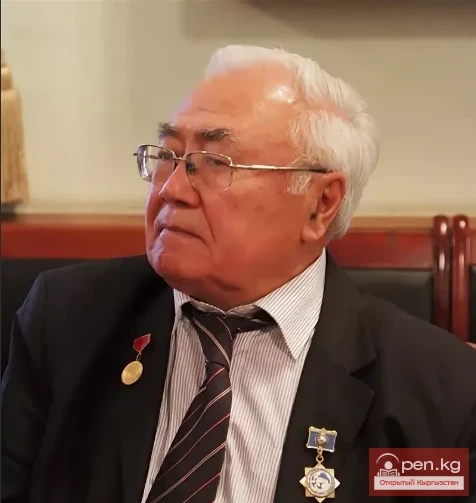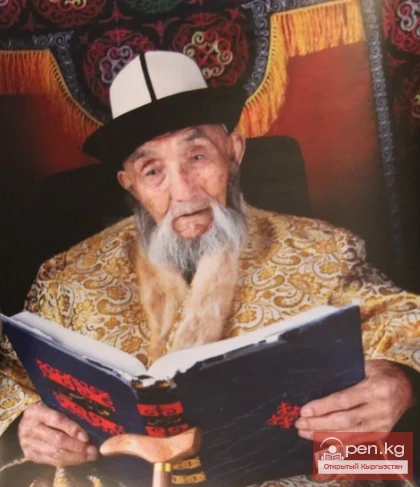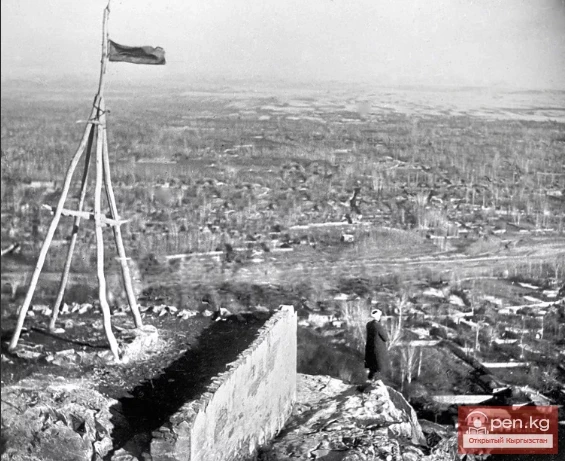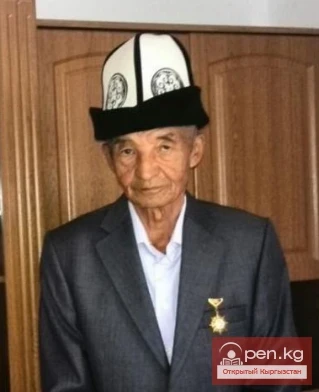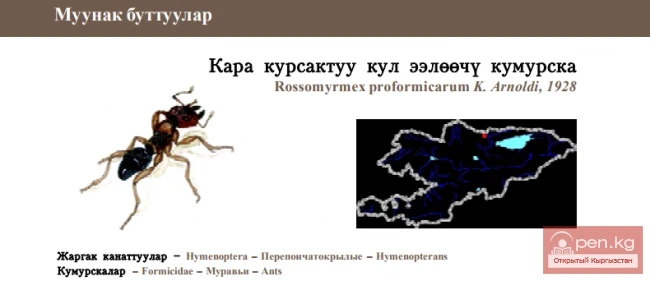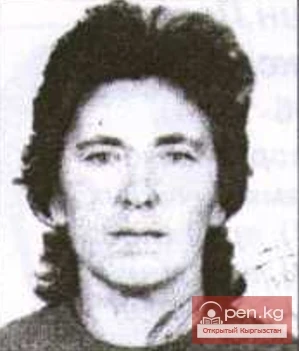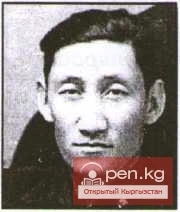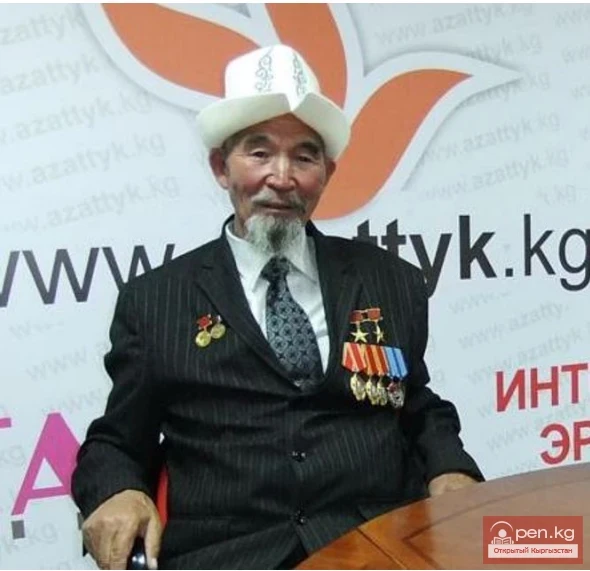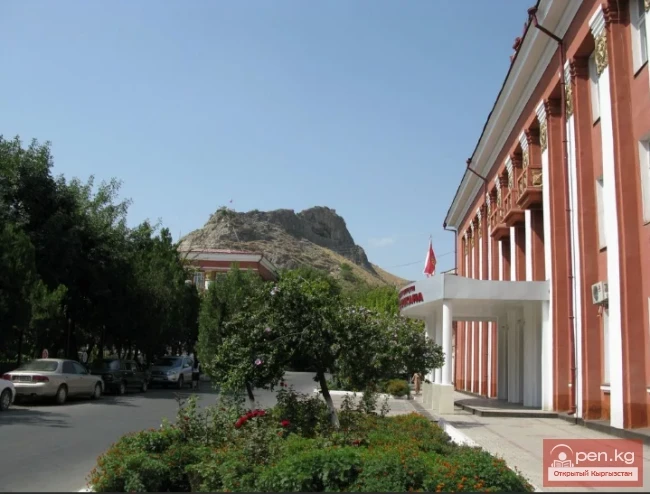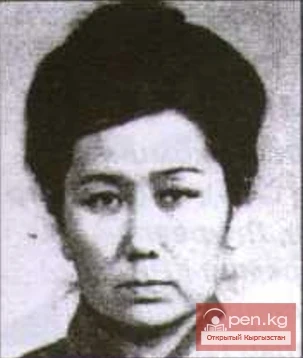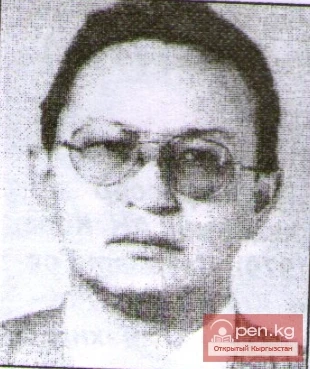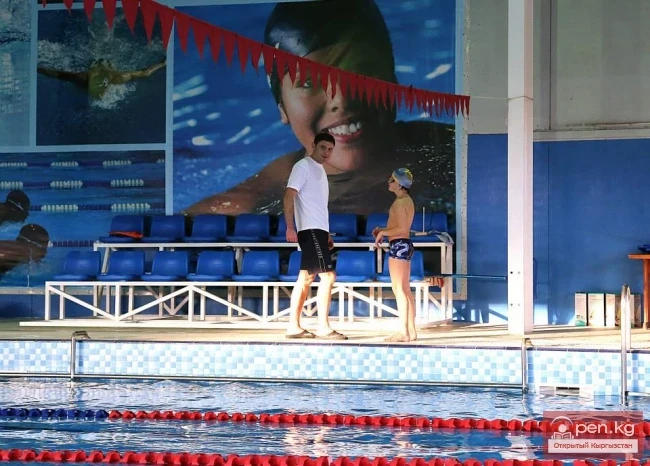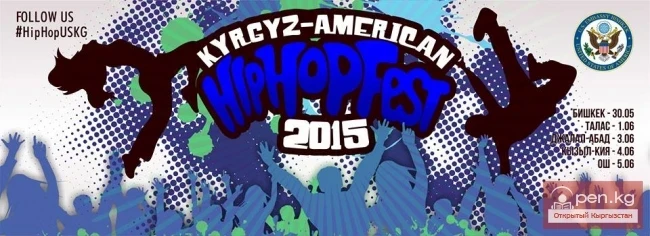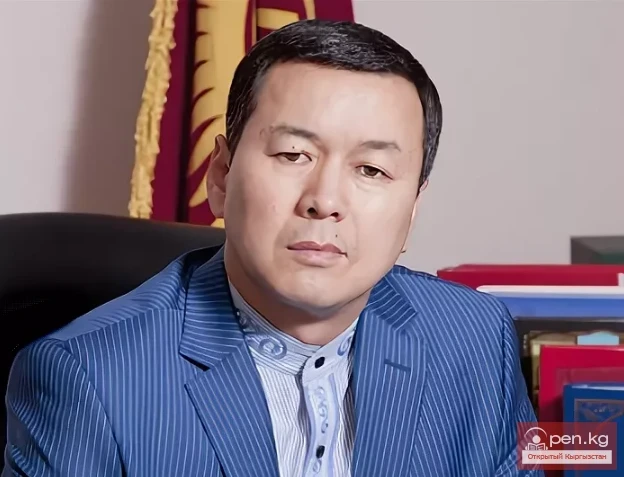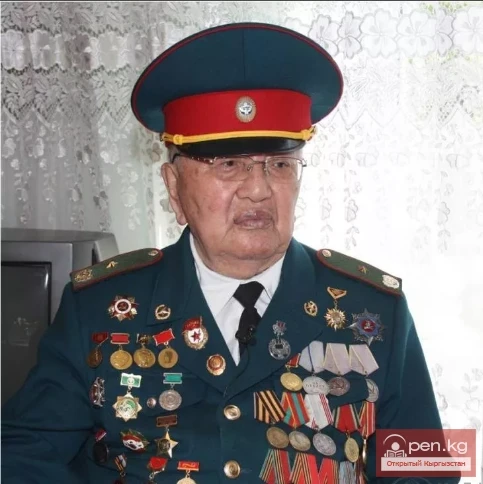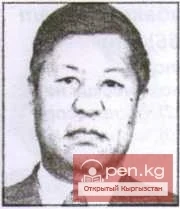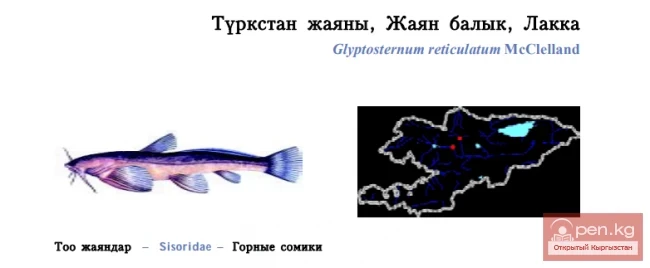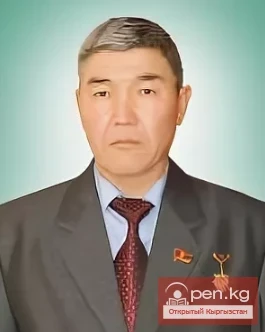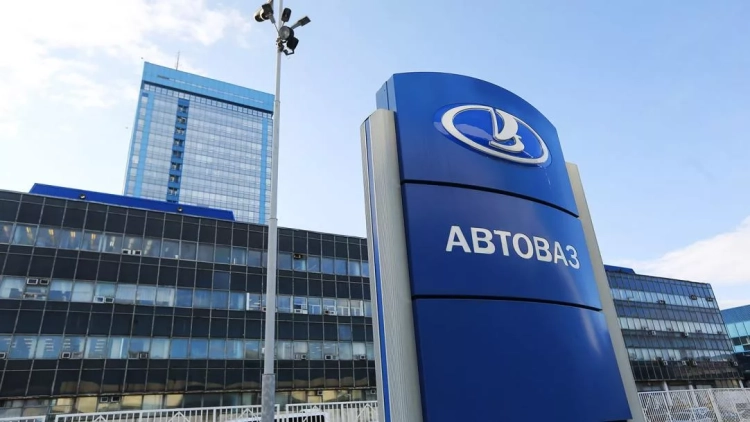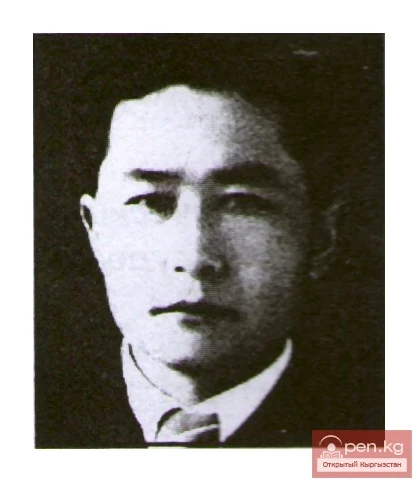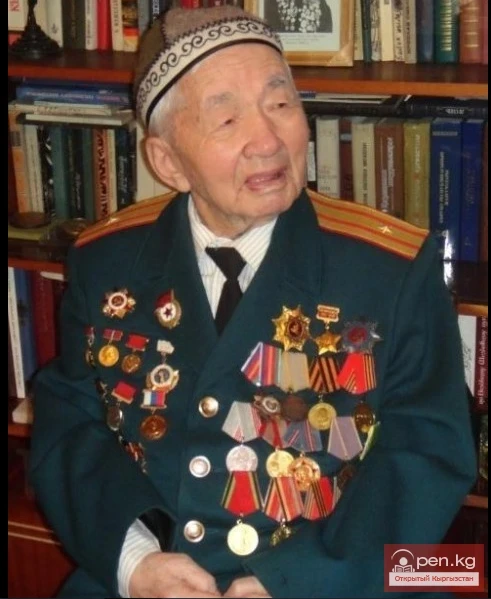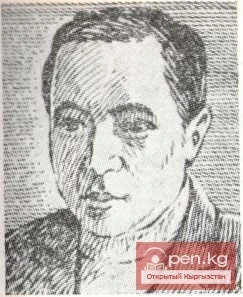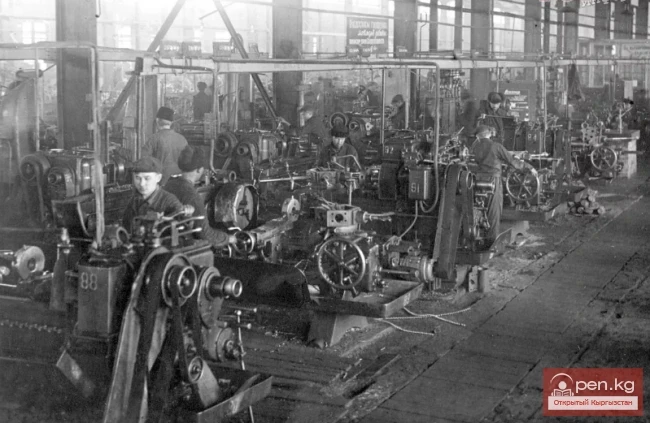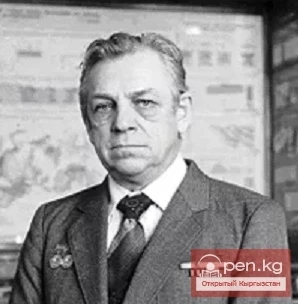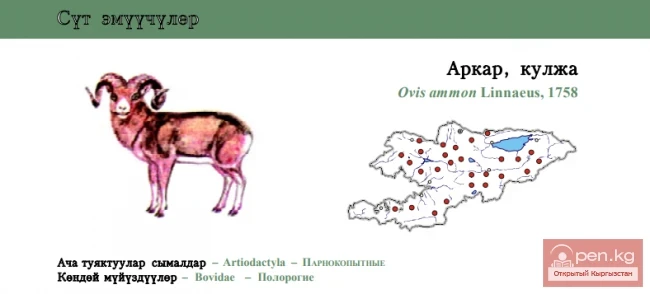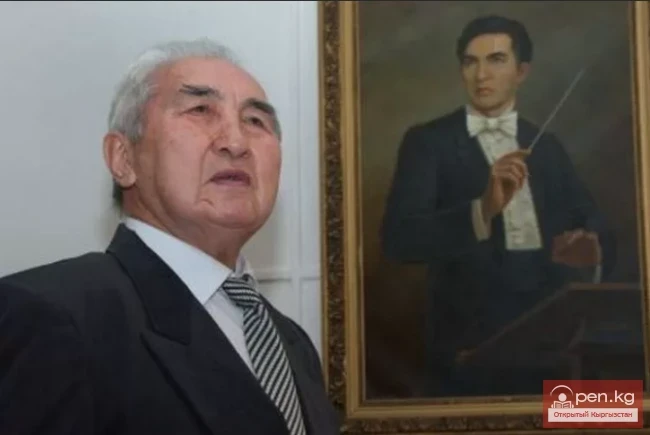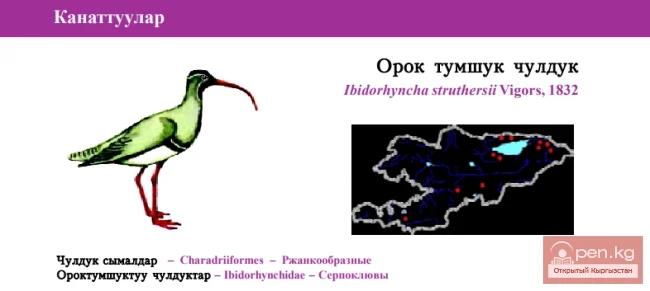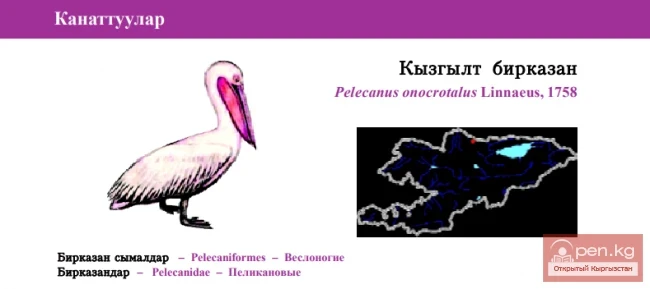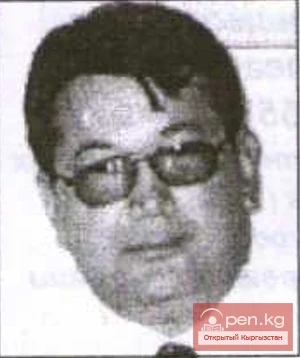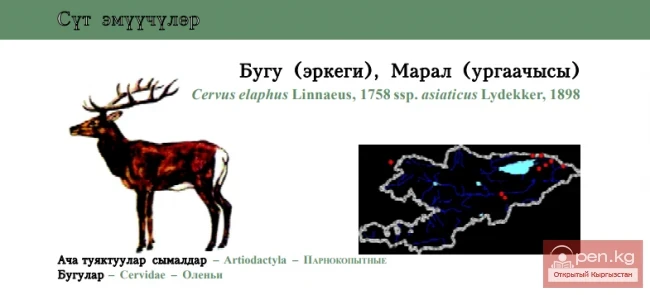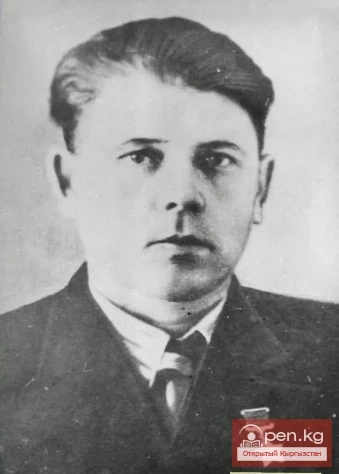
Hero of the Soviet Union Zverev Nikolai Alexandrovich
Nikolai Alexandrovich Zverev - assistant commander of the platoon of the 32nd Guards Rifle Regiment (12th Guards Rifle Division, 61st Army, Central Front), Guards Sergeant.
He was born on December 19, 1921, in the city of Akmolinsk, now the city of Astana, the capital of the Republic of Kazakhstan, in a family of civil servants. Russian. In the 1930s, he moved with his parents to the city of Tokmak in the Kyrgyz SSR. Here he completed 7 grades and worked in a printing house.
In April 1941, he was drafted into the Red Army by the Chui District Military Commissariat of the Frunze Region of the Kyrgyz SSR.
He served in artillery units near the western borders of the country.
He participated in the Great Patriotic War from June 1941. He took part in fierce battles near Kalinin (Tver), Rzhev, Vyazma, and Smolensk. He was wounded twice. By the fall of 1943, Guards Sergeant Zverev was the assistant commander of the platoon of the 32nd Guards Rifle Regiment of the 12th Guards Rifle Division. He distinguished himself particularly in battles during the crossing of the Dnieper and the retention of the bridgehead on the right bank.
On the night of September 29, 1943, Guards Sergeant Zverev, with his platoon, crossed the Dnieper River near the village of Glushets (Loevsky District of Gomel Region, Belarus). Moving ahead of the platoon, he was the first to burst into the enemy trenches and, with a swift strike, drove the enemy out of the first line of defense before they could recover. In this attack, Zverev personally destroyed 15 enemy soldiers. During the repulsion of one of the counterattacks, he was seriously wounded but did not leave the battlefield. While wounded, he destroyed another 5 enemy soldiers. He lost consciousness from his injuries and was sent to the rear to a hospital.
By decree of the Presidium of the Supreme Soviet of the USSR on January 15, 1944, for exemplary performance of combat missions from the command on the front of the struggle against German fascism and for the courage and heroism displayed during this, Guards Sergeant Zverev Nikolai Alexandrovich was awarded the title of Hero of the Soviet Union, with the Order of Lenin and the medal "Gold Star" (No. 6786).
The Hero did not learn about the high award at that time. He spent more than six months in the hospital. After recovering, he returned to the front only in April 1944. Considering his health condition, he was assigned to serve in a frontline hospital stationed in the Polish city of Krakow. In February 1946, he was demobilized due to his wounds.
DRAFTED FROM TOKMAK
The building of the city military commissariat on a quiet street in Tokmak is well known to many. Its entire post-revolutionary history is closely linked to the defense of the socialist Motherland. In 1918, on behalf of the Bolshevik party organization, the district military commissariat formed a voluntary military detachment here to defend the conquests of October. From here, in July 1919, the Tokmak combat detachment, which had arrived from the Turkestan front, went to suppress the peasant uprising in Tyup, supported by invading white Cossack bands from Xinjiang. At the threshold of this building, draftees from Tokmak gathered before being sent to the fronts of the Great Patriotic War. And now, twice a year - in spring and autumn - young men come here to be drafted into the ranks of the Soviet Army and listen with excitement to the parting words of veteran soldiers in a solemn formation...
Here, in the same formation, stood Nikolai Zverev from Tokmak in the line of draftees of the harsh year 1941 — the future Hero of the Soviet Union.
Guards Sergeant, assistant commander of the platoon of the 32nd Guards Rifle Regiment of the 12th Guards Rifle Division Nikolai Alexandrovich Zverev completed his front-line journey as part of the 61st Army. He accomplished his feat when their army, transferred in mid-September 1943 from the reserve of the Supreme Command Headquarters to the Central Front, entered battles for the liberation of Ukraine.
After the crushing defeats at the beginning of the summer campaign of 1943, the Germans made a desperate attempt to stop the advancing Soviet troops on the Dnieper. The fascist command concentrated the main forces of its army to defend the powerful line of fortifications created here, hoping to firmly establish themselves on this advantageous defensive line, dubbed the "Eastern Wall" by Goebbels' propaganda. But the myth of the invulnerability of the fortifications created by the fascists on the Dnieper, where they hoped to settle for the winter and restore their battered divisions, collapsed.
Having completed operations to defeat the German-fascist hordes on the Kursk Bulge, the troops of the Central Front successfully continued their offensive, pushing the enemy westward to the places from which he had treacherously invaded Soviet territory more than two years ago.
The 32nd Guards Rifle Regiment, commanded by Guards Lieutenant Colonel Bazarov, operating on the left flank of the front, advanced in the Chernigov direction and on September 18, after successfully crossing the Desna, reached the southern and eastern outskirts of the regional center of Ukraine — the city of Chernigov. The German occupiers defended here with large forces, striving to hold the city at all costs, continuously bringing in reserves and throwing them into counterattacks. Even the enemy's rear units were moved to the front line.
However, nothing could stop the onslaught of the Soviet troops. On the third day of the assault, the enemy was driven out of the city and began to retreat hastily, abandoning equipment, weapons, ammunition depots, food supplies, and military property.
Literally on the heels of the fleeing enemy, the 61st Army of General P. A. Belov swiftly crossed the Snov River and reached the Dnieper. Small specially created groups immediately began vigorous preparations for the crossing: they dragged logs, boards, and empty metal barrels to the shore. All this material, along with available means of transport, was immediately put to use. The assault groups were given a complex task: to capture bridgeheads on the western bank, secure them, and hold them at all costs until the main forces arrived.
Among the first to begin the crossing with his platoon was Guards Sergeant Nikolai Zverev. The Germans, who kept the river under constant fire, unleashed the full power of their firing points on the makeshift flotilla of the brave men.
The fire was so intense that huge waves were created on the river from the explosions of shells and mines. Losing comrades, soaked through with the cold Dnieper water, the paratroopers stubbornly moved toward the shore. Our batteries supported the brave fighters. The guns fired both with indirect fire and direct fire, and tanks that had approached the shoreline also fired.
Zverev was the first to step onto the western bank of the Dnieper in the area between the settlements of Nivki and Glushets and immediately, having climbed up the steep bank, led his platoon into the attack. With a swift dash, the guardsmen burst into the enemy's first trench, and hand-to-hand combat ensued. The Germans were clearly stunned; they did not expect that Soviet soldiers could so quickly accomplish the crossing of such a mighty river. Where had their former overconfidence gone? Many of them immediately fled their positions in panic, while others put up desperate resistance but retreated under the pressure.
Thus, Sergeant Zverev's platoon completed the first part of the assigned task: they held their ground in a fierce battle and secured the reclaimed bridgehead. Now the most important thing was to hold on. Several times, the Germans, having regained their composure, attempted to retake lost positions, but their counterattacks were unsuccessful. The fighting did not cease all day, and a restless, tension-filled sleepless night passed.
In the morning, the Germans unleashed a barrage of fire on the paratroopers. Enemy planes appeared in the sky, bombing and machine-gunning both the crossing and the bridgehead occupied by Soviet soldiers. Many of his soldiers were accounted for by the assistant platoon commander Nikolai Zverev, who himself was wounded, but having quickly bandaged his wound, did not leave the battlefield, knowing that now, after the massive shelling, the Germans would begin another counterattack; he walked around the entire trench, spoke with each soldier, and found the right words for everyone. And it began. Again, for the umpteenth time, the enemy infantry rose up. Zverev gave the order to fire, letting them get closer. The soldiers lay in wait, waiting: let the enemy be convinced that none of them survived this fiery whirlwind, let them relax...
— Fire! — Zverev energetically waved his hand. The chain of attackers collapsed, pressed to the ground as if preparing for a new charge, and suddenly began to crawl back, leaving the battlefield littered with the dead and wounded. From the direction of the Dnieper came a powerful, rolling "Ura!" The main forces of the Soviet units were entering the battle, having reached the bridgehead captured by the assault squads.
By the end of September, the troops of the right flank of the Central Front had pushed the enemy back across the Sosh River and prepared for its crossing; the troops of the left flank, including the 32nd Guards Rifle Regiment, had by this time captured and firmly held the western bank of the Dnieper.
On January 15, 1944, N. A. Zverev was awarded the title of Hero of the Soviet Union for his courage and bravery displayed during the crossing of the Dnieper and in battles on the right bank.
In the post-war years, Nikolai Alexandrovich moved to the Kurgan region. He lived in the city of Shadrinsk. A creator of the Great Victory, he passionately desired that the youth would be able to cultivate the noble traits of those who, with their blood, courage, and bravery, created day by day the heroic chronicle of the Great Patriotic War, defending the freedom and independence of their Motherland with honor.
V. ZAPOLSKY
He passed away on March 14, 1991. He was buried at the Vasilyevsky Cemetery in the city of Shadrinsk.
In Shadrinsk, a memorial plaque was installed in 1999 on the house where the Hero lived in his last years (Sverdlov Street, 83).
